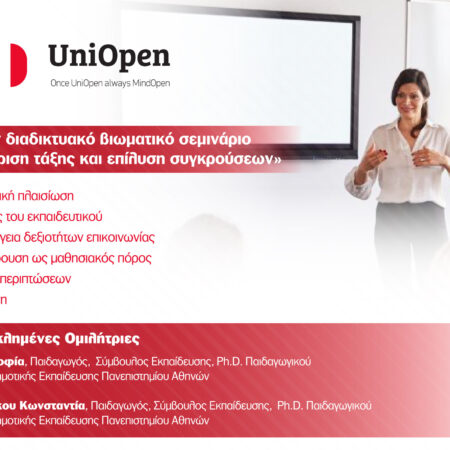The Courses
The Management Direction of the Undergraduate Industrial Engineering program aims at training professionals who are distinguished for their flexibility among other. The Industrial engineer is necessary in many tasks related to any industrial reality: marketing, technical support, production, markets, information technology services, remote sensing, human resources (for mapping processes, redesign of the system, mainly in terms of IT).
Surveys made and data provided by the industrial world have broadly shown that engineering training geared to coping and solving managerial problems is one of the most demanded in today’s labor market.
Objectives
Graduates of the Undergraduate Industrial Engineering program:
- can apply mathematical and other basic science methods
- are aware of the different ways of applying techniques and instruments for designing components, systems and procedures
- have the appropriate knowledge to engage in experiments and resolutions and to interpret the data
- are able to implement technical decisions and relationships
- are able to use concepts related to the innovative application of remote-controlled aircraft to the logistics and remote sensing sector.
Teaching
The pedagogical approach of the program anticipates that theoretical training be accompanied by examples, applications, individual and group work. Together with the personal study, they acquire special importance with:
- virtual room exercises
- seminars
- processing of individual or group work.
Activities with a value of educational training complement the academic training.
Curriculum
| 1st year | Course | Credits |
| Physics | 12 | |
| Principles of Economics | 6 | |
| Mathematical Analysis | 12 | |
| General Chemistry | 6 | |
| Mechanical design | 6 | |
| English language | 3 | |
| Basic principles of computing | 6 | |
| Geometry | 6 |
| 2nd year | Course | Credits |
| Technical Physics | 9 | |
| Electrotechnics | 6 | |
| Energy machines and systems | 9 | |
| Operational research | 6 | |
| Mechanical and thermal measures | 9 | |
| Applied engineering and design | 9 | |
| Materials technologies | 6 | |
| Analysis and modeling of systems | 6 |
| 3rd year | Course | Credits |
| Technologies and production systems | 9 | |
| Industrial production systems | 9 | |
| Industrial logistics | 6 | |
| Management control systems | 9 | |
| Elective courses | 18 | |
| Training | 9 | |
| Final examination | 3 |
| Elective courses | |
| Logistics production management | 6 |
| Production technologies, times and methods | 6 |
| Industrial automation | 6 |
| Components and Reliability Facts | 6 |
| Interaction of environmental engines | 6 |
| Computer Aided Design | 6 |
| Tools for designing Unmanned Aerial Vehicle (UAV) | 6 |
| Sensors for Unmanned Aerial Vehicles (UAV) | 6 |
| Industrial Law and Intellectual Property | 6 |
| Instrumental analysis and control of materials | 6 |
| Economy and management of technology transfer | 6 |
| Organic chemistry | 6 |
Course Features
- Lectures 0
- Quizzes 0
- Duration 50 hours
- Skill level All levels
- Language English
- Students 0
- Certificate No
- Assessments Yes







